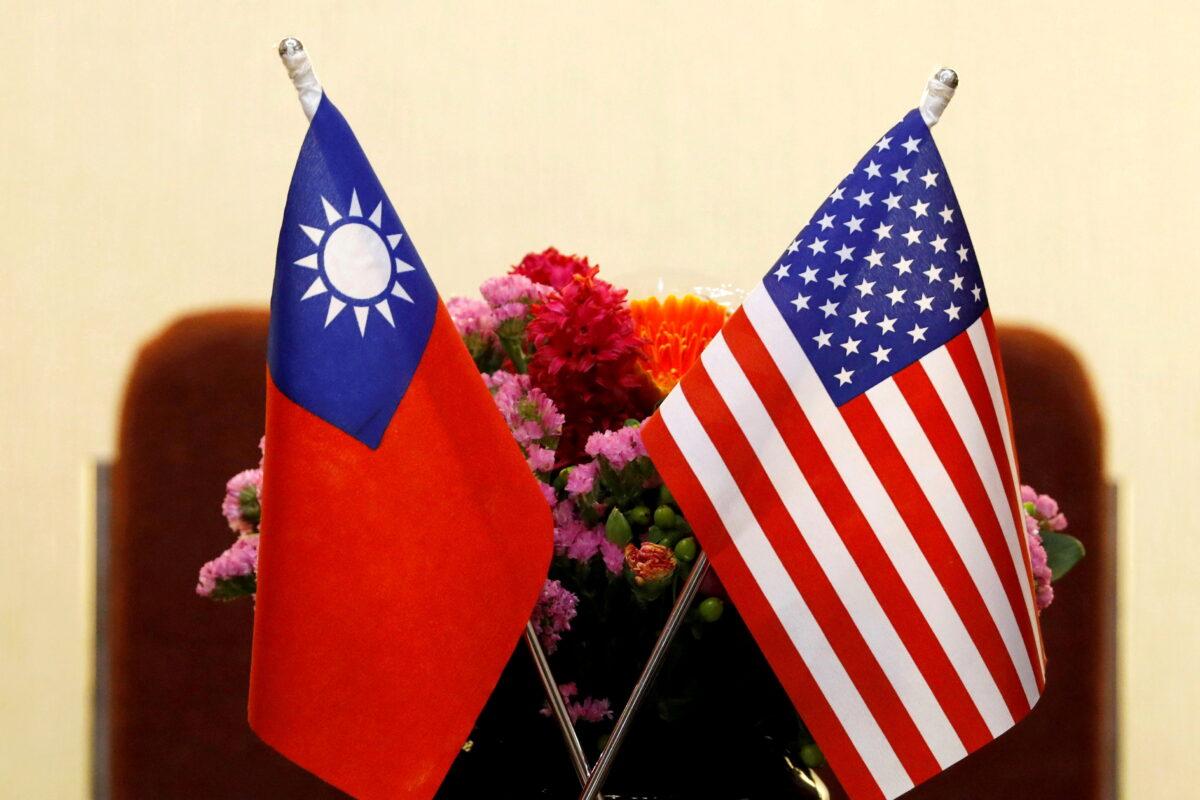A majority of Americans from across the political spectrum now see China as the biggest threat to the United States, a dramatic change since 2018, according to a new survey by the Ronald Reagan Institute.
While the result crossed party lines, Republicans are more alarmed about China. A total of 64 percent of Republican respondents said China is their top concern, followed by Democrats and independents, each at 44 percent.
Only 21 percent of respondents had named China as the top threat in 2018, while 30 percent pointed to Russia, according to the institute’s first survey. Subsequent surveys have shown that more and more Americans have begun to see China as the top threat, rising to almost 30 percent by October 2019, before reaching nearly 40 percent in February.
Many Democrats changed their views about China in 2021. The 44 percent tally in the most recent survey marked a drastic increase from just 20 percent in February.
The survey, which was released on Dec. 1, polled more than 2,500 U.S. adults between Oct. 25 and Nov. 7 through internet or phone interviews.
“Americans are also beginning to recognize the multifaceted nature of the China challenge,” the survey reads.
It notes how evenly divided respondents are regarding the issue of greatest concern about China. Twenty percent noted China’s economic trade practices, 19 percent pointed to its military buildup, and 17 percent said it was the country’s human rights abuses.
“There is only modest partisan disparity on this question, with Republicans more likely to prioritize the military buildup and Democrats more likely to highlight human rights abuses,” the survey reads.
The survey also found that there’s a bipartisan consensus (43 percent of Republicans and 37 percent of Democrats) that the United States should focus its military forces in East Asia, instead of the Middle East.

Other Issues
Respondents also were asked about a number of specific issues relating to China, including possible military conflict between Beijing and Washington, Taiwan, the COVID-19 pandemic, and the 2022 Winter Olympics in Beijing.In terms of potential military conflict between the two nations, 71 percent of respondents expressed concern, among which 79 percent were Republicans and 66 percent were Democrats.
The survey asked respondents their opinion on a number of possible U.S. responses in the event of China invading Taiwan. A total of 71 percent voiced support for Washington recognizing Taiwan as an independent country, 10 percent opposed the idea, and the remaining 19 percent didn’t have an opinion on the issue.
Additionally, 66 percent of respondents said Washington should place economic sanctions on China, with 15 percent being against the idea. Moving U.S. military assets into the region garnered 55 percent support and 24 percent opposition.
When breaking down the response along party lines, 86 percent of Republicans said the lab theory was likely, followed by 67 percent of independents and 61 percent of Democrats.
“If the theory was proven, 76% of Americans think China should pay reparations to other nations as a penalty, including 82% of Republicans and 72% of both independents and Democrats,” the report reads.

China has a major biological research facility in Wuhan—the Wuhan Institute of Virology (WIV)—which has been conducting research on bat coronaviruses for more than a decade.
There was an overwhelming consensus among respondents that there should be some form of opposition to China hosting the 2022 Winter Olympics Games, which are set to begin in February 2022.
A total of 60 percent supported the prospect of the International Olympic Committee delaying and relocating the games. The same percentage supported a business boycott of the games, meaning that U.S. companies wouldn’t advertise or sponsor the event.
A diplomatic boycott by the U.S. government drew 48 percent support and 32 percent opposition.
“About the same number (47%) support a full boycott by the United States Olympic team and its athletes, including 45% of Democrats and 53% of Republicans, while 34% overall oppose,” the survey reads.





